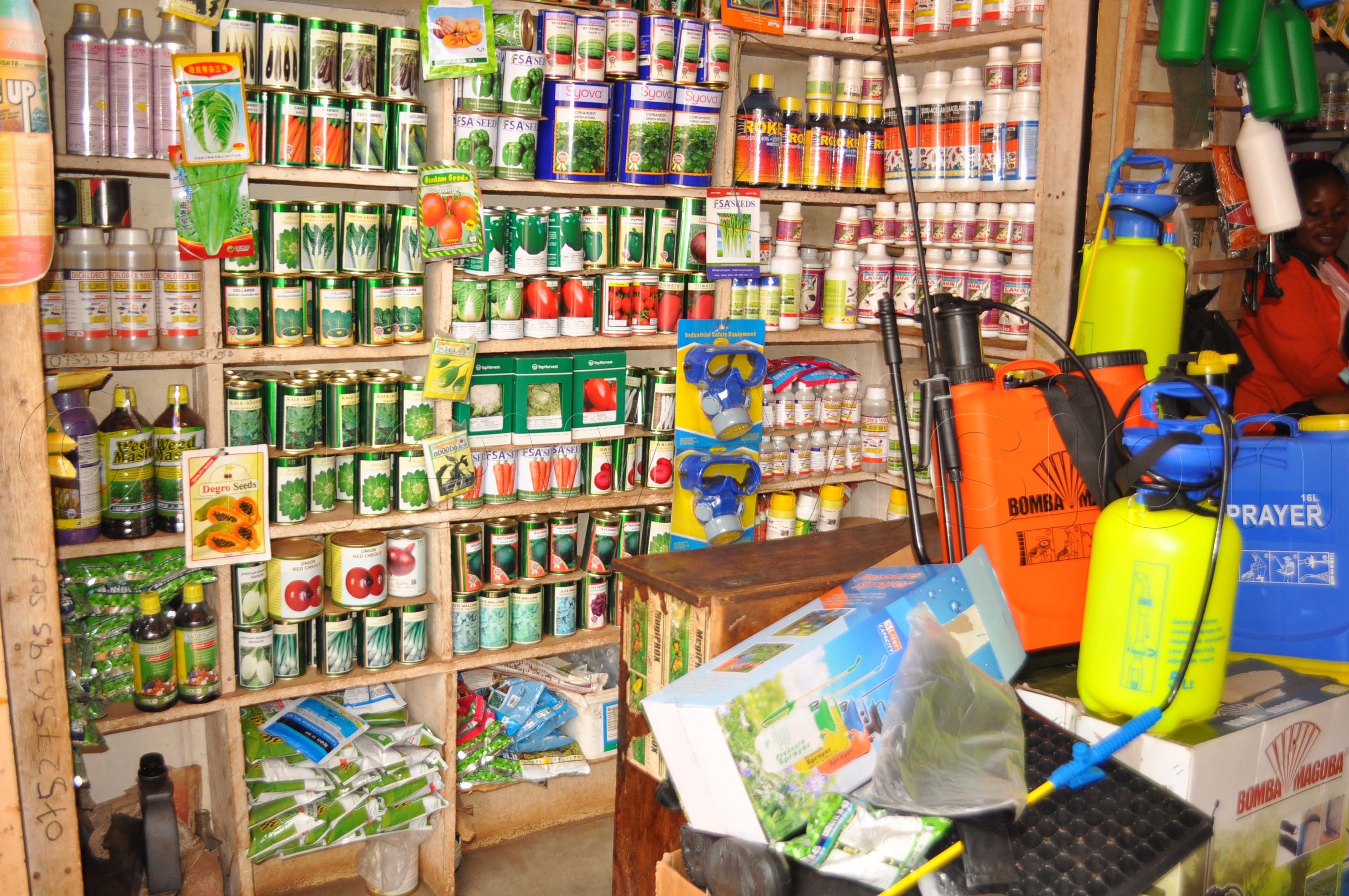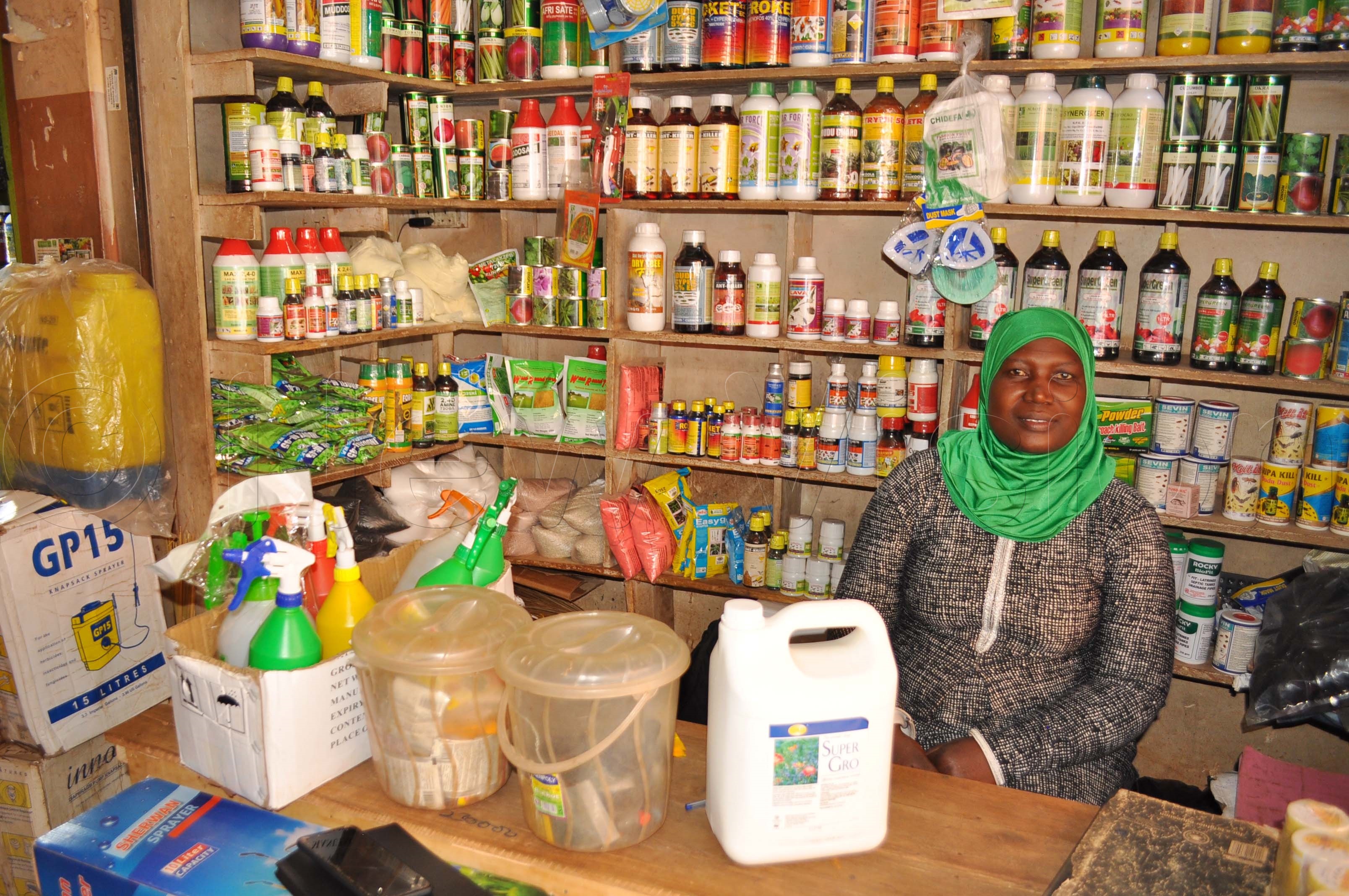Impact of COVID-19 on agro-inputs sector in Uganda
AGRICULTURE |
Since the outbreak of the COVID-19 pandemic, people's focus has shifted to health and safety. Even the government put in place measures to cope with the impact of the pandemic.
However, as the country fights to abide by the measures, many activities in the society and economy, in general, are disrupted in ways we have not seen before.
The agriculture, food security, and income-generating activities, among others, have greatly been affected. The COVID-19 has also had an impact on the agro-inputs sector in Uganda.

It is against this background that, the International Fertilizer Development Center (IFDC) in partnership with the Ministry of Agriculture, Animal Industry, and Fisheries (MAAIF), and the agro-input stakeholders curried out an assessment to ascertain how COVID-19 has had an impact on the agro-inputs sector in Uganda.
David Hirst, Deputy Chief of Party for IFDC says the purpose of the survey was to assess the early impact of the COVID-19 pandemic on the agro-input sector and identify potential mitigation actions.
According to Hirst, the survey also helps to highlight supply chain challenges faced by the sector in the first planting season 2020 as well as highlighting likely problems that may arise in the second planting season if action is not taken.
"Further, the report has allowed the sector to voice directly to MAAIF and Government of Uganda, not just areas where they feel that we should be more proactive in our approach, but to also provide suggested solutions," he said.
Altogether, 162 agro-inputs businesses were surveyed across the country, nine agrochemical importers, 74 Stockists, 58 LSBs, and 21 seed companies.
Findings
COVID-19 has led to interruptions in manufacturing and shipping of the agro-input products thus, distributing the products to the local wholesale orders as a result of the shortage in accessing the raw materials by the manufacturers are stated to have a consequence on businesses to meet the demand for agrochemicals in the second season.
Robert Masaba, agriculture economist says the survey found out that there is anticipated reduction on investment in agrochemical business due to the inability to access financial support from the banks and other sources moreover as a result of failure to repay the previous loan facilities could obstruct the businesses to sustain their heights of operation.
According to Masaba, the pandemic has also led to delays in receiving the products from abroad coupled with receiving less than what is ordered for which may lead to a rise in the prices of agrochemicals shortly.
"There has been a deteriorating demand for the agro-chemical products from the farmers - associated with the lack of capital and restricted movement to access the agrochemical shops which is predicted to continue hampering the agrochemical business," said Masaba.
COVID-19 has also weakened the purchasing power of the customers at all levels, in conjunction with escalated demand for credit for agro-chemicals, stock-outs from the suppliers have depressed the operation of the agrochemical business.
There has also been an increase in counterfeit products on the market due to a shortage in the supply of legitimate products besides, the delay in registration, clearance, and approval of the new products by the concerned authorities are affecting the operation of the sector.
The restricting of public transport operations also prevented most of the farmers from accessing the agrochemical shops which have lowered the sales volume and door-to-door delivery has increased the costs of operating the business. Extreme reduction in turnover due to limited sales, time of operation, and travel for staff in addition to the postponement of agricultural activities like training.
Masaba says awareness to the farmers through seed fairs, weekly village markets, and field days have been put on hold which has limited the pathways through which the LSBs market the products that are available in stores.
Accessing some essential services like field inspection and extension services is challenging - the external field inspection and extension services have been constrained making it very difficult for the farmers to receive training and advice on farms.

What can be done
Waswa, one of the agro-dealers says the government should strengthen the regulatory and quality control system by the MAAIF to accelerate the registration, certification, and clearance of the products and control for tax increases to enable the businesses to sustain their operations.
He adds that there is a need for subsidies on loans from the financial institutions to boost the affected businesses is sought for by the business proprietors.
"Investment in the marketing strategies that reach down to traders and farmers, for instance, online marketing platforms and media are among the key support requested," Waswa said.
He adds that there is a need to work out a strategy for delivering the products to the nearest centre points by the manufacturers, importers, or wholesalers for easy access by the traders and farmers.
Christine Namazzi, another dealer requests the government and development partners to intervene and facilitate linkages between importers, suppliers, hub agro-dealers, stockists, and farmers; support with the provision of extension services as well as negotiate prices on behalf of stock dealers.
She requested for financial grants and credit support to help sustain their operations, revision restructuring of the loan repayment plan by banks, reduced interest rates, among others.
According to Namazzi, the government should license qualified agro-input dealers, decentralize powers to fight counterfeits, and subside input prices.
"Additionally, it should support district-level associations to enhance efficient collective purchase and input distribution," she said.
She added that the utilization of media and other digital platforms to sensitize farmers on best farming practices and the available alternatives for inputs, pesticides, herbicides, and equipment. This will enable sustainability in the agricultural sector.
Paul Mwambu, commissioner crop inspection and certification at MAAIF in his response said the survey and its findings will assist MAAIF in designing its response to the evolving challenges created by COVID-19 to the agriculture sector and mitigate against negative impacts on Uganda's food security.
He explained that the report has allowed the sector to voice directly to MAAIF and Government of Uganda, not just areas where they feel that we should be more proactive in our approach, but to also provide suggested solutions.